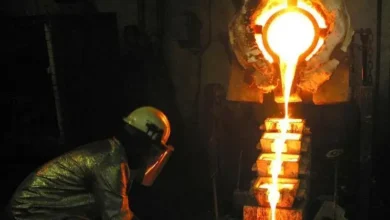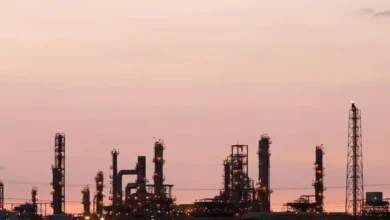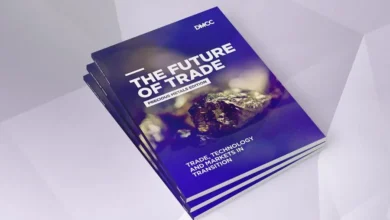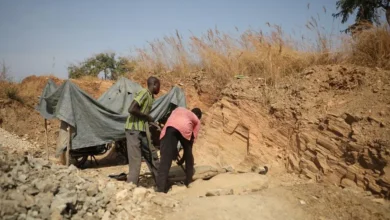
In an era of technological advancement and a global push towards clean energy, the role of minerals has become increasingly critical. For Saudi Arabia, this reality aligns with their ambitious Vision 2030 – a transformative plan aimed at diversifying the Kingdom’s economy and reducing its dependence on oil revenues. Through strategic investment in the mining sector, Saudi Arabia is set to capitalize on its abundant mineral wealth to become a key player in the global supply chain of critical minerals[1][5].
Minerals: The Third Economic Pillar
Saudi Arabia’s Vision 2030 identifies the mining industry as a potential third pillar of the economy, alongside petroleum and petrochemicals[1]. In line with this, the Ministry of Industry and Mineral Resources is investing in the sector to maximize the value of the country’s mineral resources. A range of initiatives have been launched, including the creation of a National Geological Database and a revised Mining Investment law, all geared towards attracting investment and supporting domestic and international demand for minerals[1]. This has resulted in the announcement of nine new projects, set to boost the export of mineral products, with a goal to attract $32 billion in investments for the mining and mineral sector[7].
Towards a Green Future
The transition to clean energy and greener transport requires an increased supply of minerals such as lithium, nickel, cobalt, manganese, graphite, copper, and rare earth elements[2][6]. Saudi Arabia, with its rich mineral resources and strategic geographical location, is primed to play a significant role in securing these supply chains, contributing to the global energy transition[3].
To realize this potential, the Kingdom is looking beyond mere mining and processing. The plan is to build an end-to-end supply chain, focusing on battery chemicals production[2]. Furthermore, the Kingdom has signed agreements with international partners like the UK and China to jointly develop critical mineral supply chains and explore potential collaborations in sectors such as renewable energy and clean hydrogen.
Role in Energy Transition and Circular Economy
Saudi Arabia’s attention to the mining sector, specifically on minerals critical for clean energy, also sets the stage for the Kingdom to participate in a “circular economy.” This approach aims to keep resources in use for as long as possible and to recover and regenerate products and materials at the end of their service life.
In line with this, Saudi Arabia plans to develop a domestic recycling sector for batteries, with the aim of reusing and recycling valuable minerals. This initiative not only complements their mining investments but also strengthens their commitment to environmental sustainability[4][9].
The Road Ahead
While the road to realizing Saudi Arabia’s Vision 2030 may be challenging, the country’s efforts to leverage its rich mineral resources reflect a promising start. The focus on minerals critical for the energy transition, paired with the intention to build a complete supply chain, including recycling, places the Kingdom in a unique position to not only diversify its economy but also contribute to the global shift towards clean energy.
Moreover, these efforts could potentially lead to a wide array of opportunities, including the creation of new industries, job opportunities, and technological innovations, fostering the economic and social development of the country.
However, to achieve these objectives, it will be important for Saudi Arabia to effectively manage its mining operations, ensuring responsible and sustainable practices that align with international standards. In this context, the introduction of the new mining law, which includes clauses on environmental protection and mine closure, is a significant step in the right direction.
In conclusion, Saudi Arabia’s strategic focus on minerals in Vision 2030 could well provide a pathway to economic diversification and facilitate its energy transition, while promoting sustainability and making a significant contribution to the global clean energy revolution.




